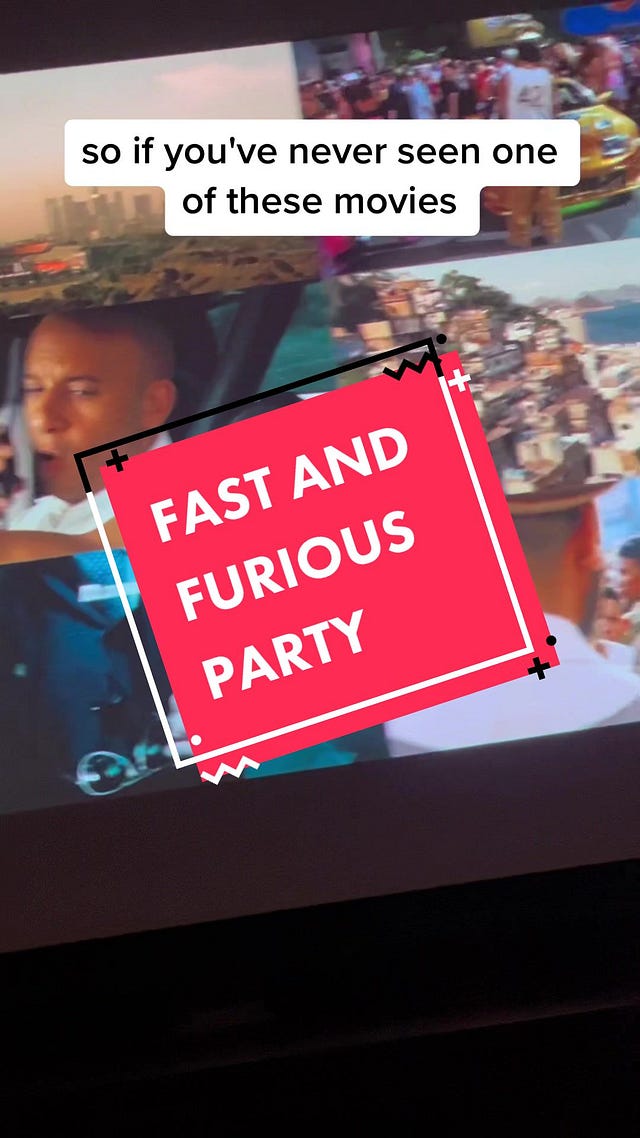📳 Inneresting #151 - No theme, just vibes
Various and sundry links for your weekend.
Jim Davies explains the hazard rate—the reason we discount the future consequences of an action in favor of more immediate potential outcomes. It’s an explanation of why people may not act with the future in mind if they have a hard time imagining an acceptable version of the future.
Kate Lindsay asks an important question about relationships and the internet: Why don’t we confront people when they start posting erratically online? Anyone even moderately online has had that moment where someone they care about takes an extreme position or starts posting things that feel out of character. What is our responsibility to each other, and how do we approach someone who might need help logging off?
Charlie Warzel shares his frustration with things built so they cannot be repaired or fully understood: Why frictionless technology involves obscuring the way things work.
Pulling excerpts from the academic paper “Consequences of erudite vernacular utilized irrespective of necessity: Problems with using long words needlessly,” Hoa Loranger looks at how to craft writing that keeps things clear and direct.
Maggie Appleton summarizes some different theories and “neighborhoods” of the internet in “The Dark Forest and the Cozy Web,” explaining the different types of community that form on different platforms.
Jack Cheng draws a line between spaces created to show care and those designed to show cleverness. It’s an idea that the places we live and work in can give you back energy through caring for them, or drain your energy in maintaining an unsustainable aesthetic.
Are you new here?
Inneresting is a weekly newsletter about writing and things that are interesting to writers. Subscribe now to get more Inneresting things sent to your inbox.
We can sprint if we want to
But don’t leave your friends behind. Because your friends can sprint, and if they don’t sprint, well… That’s fine, it’s their choice. They’re the captains of their own vessel, and all.
But they’ll miss out on the energy that comes from finding accountability partners in our weekly Write Sprint thread! Join us and find some fellow writers looking to get some words on the page.
What’s a Write Sprint?
John wrote up an explanation, but here’s the short version: Set a timer for 60 minutes, close down all distractions, and do nothing but write until that timer goes off.
Shout out to last week’s Sprinters Elyse Moretti Forbes and John Harvey!
Previously on Inneresting…
In case you missed it, in last issue’s most clicked link Nicole Erin Morse uses two scenes to show how The Matrix acknowledges and then subverts the audience’s expectations of the male gaze.
Reading the room


 Tiktok failed to load.
Tiktok failed to load.Enable 3rd party cookies or use another browser

And that’s what’s inneresting this week!
Inneresting is edited by Chris Csont, with contributions from readers like you and the entire Quote-Unquote team.
Are you enjoying this newsletter?
📧 Forward it to a friend and suggest they check it out.
🔗 Share a link to this post on social media.
🗣 Have ideas for future topics (or just want to say hello)? Reach out to Chris via email at inneresting@johnaugust.com or Mastodon @ccsont@mastodon.art




